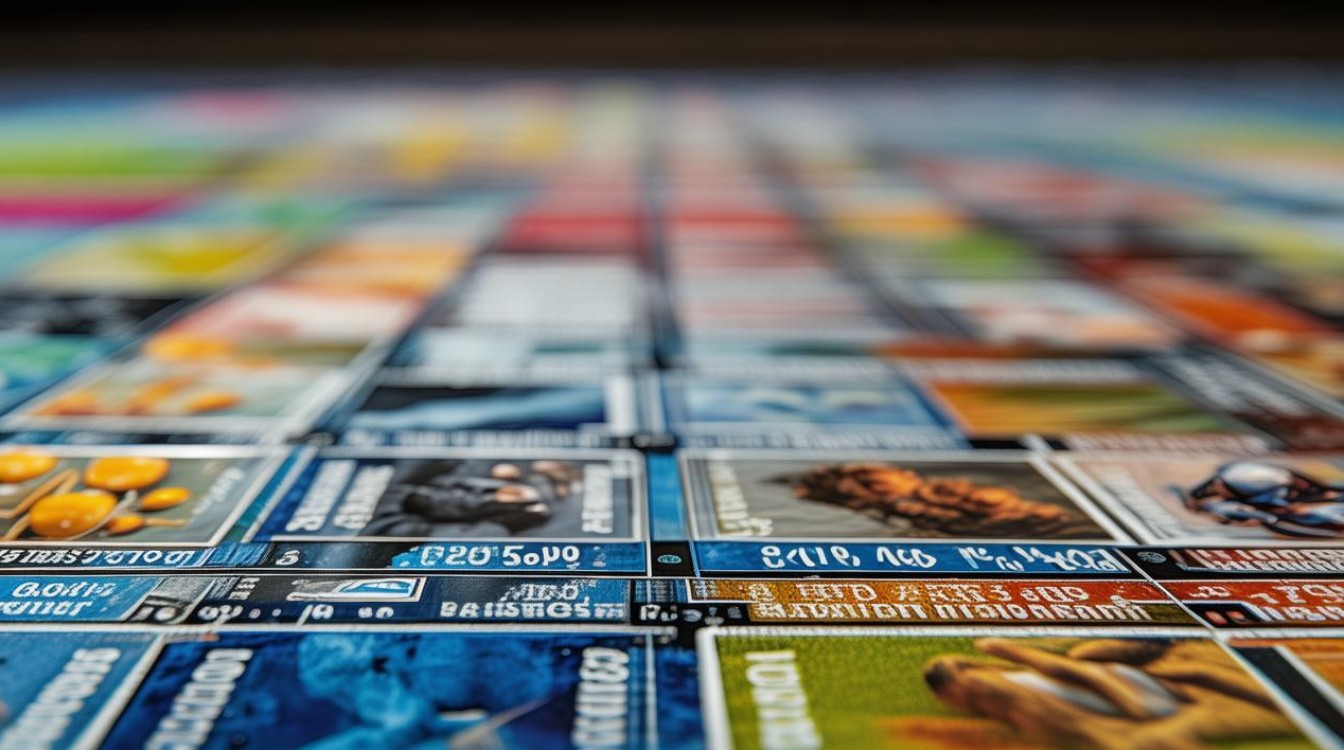Sports have been an integral part of human civilization for millennia, shaping cultures, forging identities, and inspiring competition. The language of sports reflects this rich heritage, with many terms rooted in ancient traditions, evolving over time to suit modern contexts. Here’s a deep dive into the historical origins of key sports-related English words and how they’ve shaped the way we talk about athletics today.

Ancient Foundations: Greek and Latin Influences
The earliest recorded sports terminology traces back to ancient Greece and Rome, where physical contests were deeply tied to religion and societal values.
- Athlete: Derived from the Greek athlētēs, meaning “contestant in the games,” rooted in athlon (prize). The term underscores the competitive nature of early sports.
- Gymnasium: From the Greek gymnasion, a place for training and exercise. The word gymnos means “naked,” as ancient athletes competed unclothed.
- Stadium: Originating from the Greek stadion, a unit of measurement (about 180 meters) and the length of the original Olympic running track.
Latin also contributed heavily:
- Competition: From competere, meaning “to strive together.” The idea of rivalry with mutual respect remains central to sportsmanship.
- Victory: From victoria, the Roman goddess of triumph, symbolizing the ultimate goal of athletic endeavor.
Medieval and Renaissance Contributions
As societies evolved, so did sports terminology, often borrowing from warfare and hunting.

- Tournament: Stemming from Old French torneiement, referring to jousting contests among knights. The term later broadened to include any organized competition.
- Archery: From the Latin arcus (bow), a skill vital for hunting and combat before becoming a competitive sport.
- Fencing: Derived from defens, Old French for “defense,” highlighting its origins in swordsmanship training.
The Birth of Modern Sports Vocabulary
The 18th and 19th centuries saw the formalization of many sports, leading to standardized terminology.
- Football: While the modern game varies globally, the term comes from “foot” + “ball,” distinguishing it from horseback or handball games. Early forms date back to medieval England.
- Cricket: Likely from Old French criquet (goal post), the sport’s terminology includes unique terms like “wicket” (from wiket, meaning small gate).
- Tennis: From the French tenez (“take!”), a call made when serving in the medieval game jeu de paume.
Industrialization and globalization further expanded sports lexicons:
- Marathon: Inspired by the Greek legend of Pheidippides, who ran from Marathon to Athens to announce victory. The modern race was introduced in the 1896 Olympics.
- Soccer: A British slang abbreviation of “Association Football” (from “assoc.” + “-er”), later popularized in America to differentiate from gridiron football.
20th Century and Beyond: Globalization and Innovation
The last century introduced new sports and terminology, often blending cultures.

- Basketball: Invented in 1891 by James Naismith, the name simply described the game’s objective: tossing a ball into a peach basket.
- Surfing: From the Polynesian he’e nalu (wave sliding), the term entered English as the sport spread from Hawaii.
- Esports: A 21st-century addition, combining “electronic” and “sports,” reflecting the digital age’s competitive landscape.
Regional Variations and Adaptations
English sports terms often vary by region, revealing cultural priorities:
- In Britain, “table tennis” is colloquially called “ping pong,” an onomatopoeic term borrowed from Chinese (pīngpāng qiú).
- American English uses “soccer” to avoid confusion with football, while most other English-speaking nations use “football” for the same sport.
The Power of Sports Language
The words we use to describe sports do more than label activities—they connect us to history, culture, and shared human experiences. From ancient Greek stadiums to digital esports arenas, the evolution of sports terminology mirrors societal changes, technological advances, and the unending pursuit of excellence.
Understanding these linguistic roots enriches our appreciation of sports, reminding us that every match, race, or game carries echoes of centuries past. Whether you’re a casual fan or a dedicated athlete, the language of sports is a living testament to humanity’s enduring love for competition and camaraderie.


